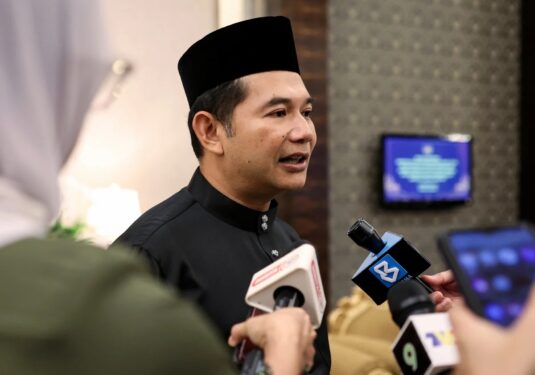THE gig economy trend is gaining better than expected traction. It was reported that about 26% of the labour force or four million people are working in the gig economy in Malaysia. The number will continue to grow as gig economy is here to stay.
The flexibility and freedom of gig work comes with a price – no financial safety nets such as pension or Employees Provident Fund (EPF) savings.
A United Nations Capital Development Fund’s (UNCDF) research with several major tech-enabled gig work platforms in Malaysia concluded that savings is foundational to people’s state of financial health.
“There is a pressing need to help gig workers improve their financial resilience for the future, and equip them with the knowledge and tools to manage potentially volatile income,” CEO of Perbadanan Insurans Deposit Malaysia (PIDM) Rafiz Azuan Abdullah pointed out.
Thus, PIDM and the UNCDF in Malaysia today announced their partnership to improve the financial health of 20,000 gig workers on GoGet Malaysia, an on-demand work platform.
Financial literacy programmes that use behavioural science principles will be rolled out through the GoGetter app from January onwards.
Measuring the effectiveness of the programmes is also key to improving on ways to communicate with this growing demographic
Meanwhile, GoGet realised that as a platform that is committed to empowering people to earn in a flexible manner, it has to ensure its community is just as protected as full-time employees.
GoGet has been encouraging its platform users to save their earnings and protect themselves for as little as RM1 a day through fintech partners such as POD, a mobile goal-based savings app, and SENANG (an on-demand insurance technology platform).
“Helping our GoGetters get access to benefits such as savings, insurance schemes, and loans is key to making flexible work sustainable for the long-term,” noted GoGet’s CEO and co-founder Francesca Chia.
“Working with tech-enabled platforms like GoGet and fintechs like POD and SENANG allows us to program in nudges at key moments of the user’s journey such as getting paid or targeting these nudges to those most likely to save or buy insurance,” said UNCDF global lead (financial health and innovations) Jaspreet Singh.
The take-up rate of these facilities by platform users could also be used as a way to track conversions and measure the effectiveness of PIDM’s financial literacy programmes.
Additionally, PIDM and UNCDF will seek insights and feedback from participants upon completion of specific programmes, which would help inform the development of future programmes. – Dec 17, 2020










